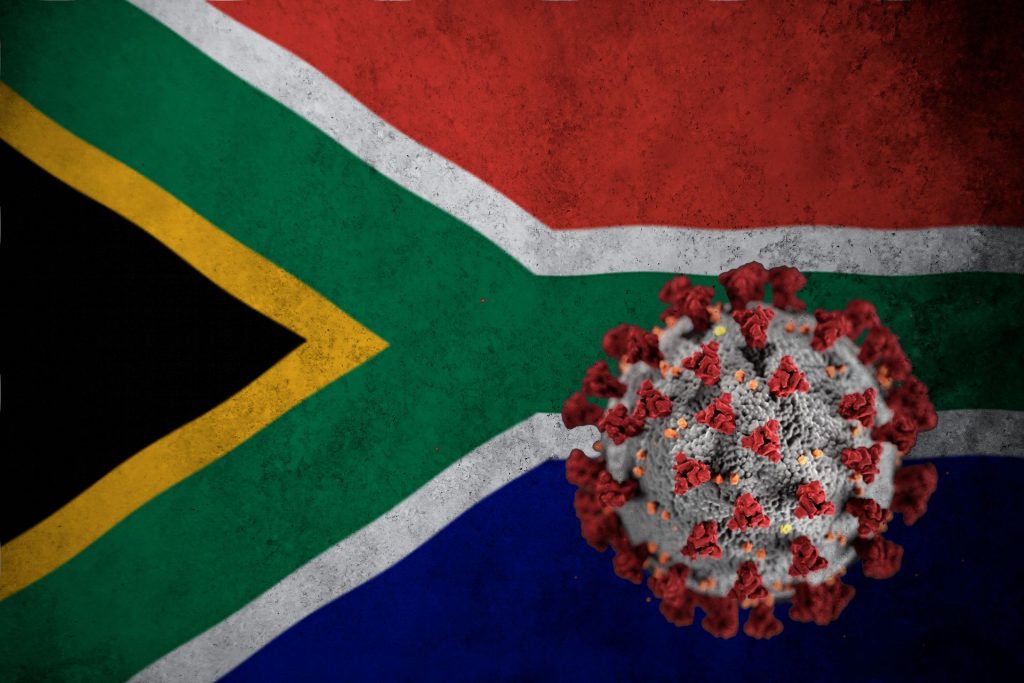
Nearly six months after South Africa’s first procurement deal was made with the Covid-19 Vaccines Global Access (Covax) programme, but vaccine flops and shortages in supply have left South Africa empty-handed, while Covax struggles to even meet its June delivery goal.
South Africa’s vaccine rollout has been anything but smooth. The first batch of vaccines, produced by the Serum Institute of India (SII), arrived in the country on 1 February but were abandoned a week later after a study found it was ineffective against the 501Y.V2 variant. That first batch of one million doses were sold onto the African Union (AU) and the remainder of the order refunded.
The health department switched to the Johnson & Johnson (J&J) single-dose shot and vaccinated nearly half a million healthcare workers until its use was also halted over blood clot concerns. Phase 2 of the rollout is using the Pfizer vaccine. Fortunately, it has been found that it can be stored at much higher temperatures than its previous ultracold requirements, making it easier to distribute.
However, the failure to join Covax by December 2020 was an early warning sign over the government’s handling of vaccine acquisition. The Covax iniative, led by the Vaccine Alliance (Gavi) and World Health Organization (WHO) to supply vaccines to poorer nations, were expected to kickstart South Africa’s rollout.
Missing that first deadline, the health department and Solidarity Fund confirmed, on 22 December 2020, that a down payment of R283 million had been made to secure doses through Covax.
Vaccine flip-flopping
At first, South Africa was to receive almost 2.5 million doses of AstraZeneca vaccine, but the country’s decision to abandon the use of AstraZeneca caused severe delays. The country’s allocated AstraZeneca doses were taken back into the Covax programme.
“South Africa was allocated 2 426 400 doses of the AstraZeneca vaccine… it has requested to be allocated another vaccine in place of AZ, and will receive allocations of alternative vaccines instead,” Gavi spokesperson Evan O’Connell told Business Insider South Africa.
“It has already been allocated, at this stage, 1,392,300 doses of the Pfizer vaccine, allocated for Q2 2021.”
According to Covax’s first-round schedule, South Africa was due to receive 117 000 Pfizer doses before April. But Covax’s deliveries are falling behind, putting initiative’s ability to meet its second quarter target.
On 17 May UNICEF Executive Director, Henrietta Fore announced that the Covax facility would shortly have delivered 65 million doses, which should have been 170 million doses by that time.
“By the time G7 leaders gather in the UK next month, and as a deadly second wave of COVID will likely continue to sweep across India and many of its South Asian neighbours, the shortfall will near 190 million doses.”
Covax hamstrung by Indian COVID crisis
India’s COVID crisis has hamstrung Covax’s aim of delivering 237 million doses of AstraZeneca vaccine in the first half of 2021. With India having the world’s highest infection numbers and deaths since April, the SII, which produces AstraZeneca doses for Covax, announced that it would halt foreign supply until December at the earliest.
“We continue to scale up manufacturing and prioritise India,” said SII CEO Adar Poonawalla on 18 May. “We also hope to start delivering to Covax and other countries by the end of the year.”
At only 35% of its targeted vaccine deliveries, Covax is calling for renewed funding and donations from developed nations — who are also accused of hoarding vaccines. WHO director-general Tedros Adhanom Ghebreyesus, criticised wealthy nations for continuing a “scandalous inequity” on Monday.
“We need countries to donate tens of millions of doses of vaccines immediately through Covax, which is the agreed global mechanism for distributing vaccines,” stated Ghebreyesus.
“We need companies to help make donations happen fast, and to give Covax the first right of refusal on all uncommitted doses now, in 2021.”
It’s unclear whether the SII’s decision to halt its supply will result in reallocations of the Pfizer doses, on which SA is depending, and which therefore could result in further delays for its Covax-allocated doses.
Source: Business Insider

